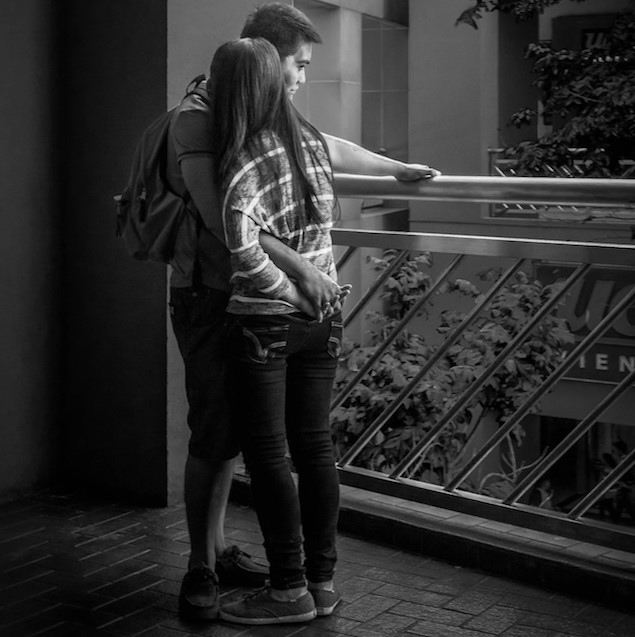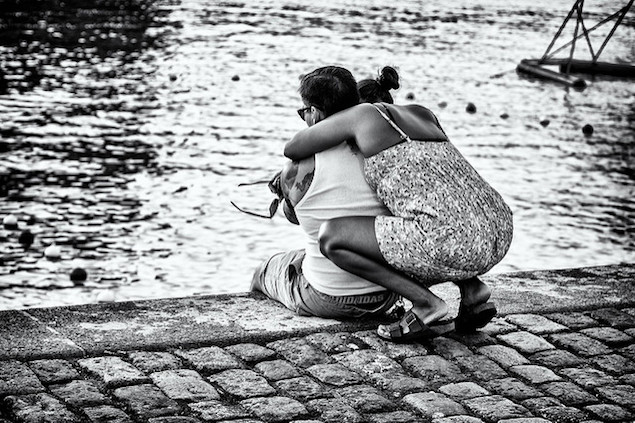Relationships • Mature Love
Love and Self-Love
One of the great and slightly strange dangers of falling in love with someone is how we may respond the day they start to love us back.
Some of the reasons we fall in love with people is because we long to escape from ourselves into the embrace of a person who appears as beautiful perfect and accomplished as we feel ourselves to be flawed, dumb and mediocre. But what if such a being were one day turn around and love us back? Nothing could discredit them faster. How could they be as divine as we had hoped when they have the bad taste to approve of someone like us?
It turns out that one of the central requirements of a good relationship is a degree of affection for ourselves; built up over the years, largely in childhood. We need a legacy of being deserving of love in order not to respond very obtusely to the affections granted to us by adult partners. Without a decent amount of self-love, the love of another person will always prove sickening and misguided – and we will self-destructively – though unconsciously – set out to repel or disappoint it. It will simply feel more normal and therefore comfortable to be disliked or ignored when that is mostly what we have known.
If we are not wholly convinced of our own lovability, receiving affection can appear like being bestowed a prize for an accomplishment we don’t feel we ever earned. People unfortunate enough to fall in love with self-hating types must brace themselves for the recriminations due to all false flatterers.
There is the old joke made by Groucho Marx about not deigning to belong to a club that would accept someone like him as a member. We laugh at the Marxist position because of its absurd contradictions: how is it possible that we should both wish to join a club, and yet lose that wish as soon as it comes true? Why wouldn’t we just be happy to have been allowed into a club?
The answer lies in self-hatred; because for many of us, being accepted into a grand and beautiful club doesn’t feel like what our inner psyches have been shaped to accept. We wonder how we can continue to believe in the club, or indeed the beloved now that they believe in us.
There is usually a troubling Marxist moment in every relationship, a moment when it becomes clear that love is going to be reciprocated; that we won’t simply admire someone from afar without hope of mutuality. The way it is resolved depends on the balance between self-love and self-hatred. If self-hatred gains the upper hand, then the one who is being loved back will declare that the beloved (on some excuse or other) is not good enough for them (not good enough by virtue of associating with no-goods).
But if self-love gains the upper hand, then both partners may accept that seeing their love reciprocated is not proof of how low the beloved is, but of how lovable they have themselves turned out to be. It turns out that knowing how to love ourselves a little can be one of the kindest and therefore most romantic things we can ever learn to do for our partners.





























